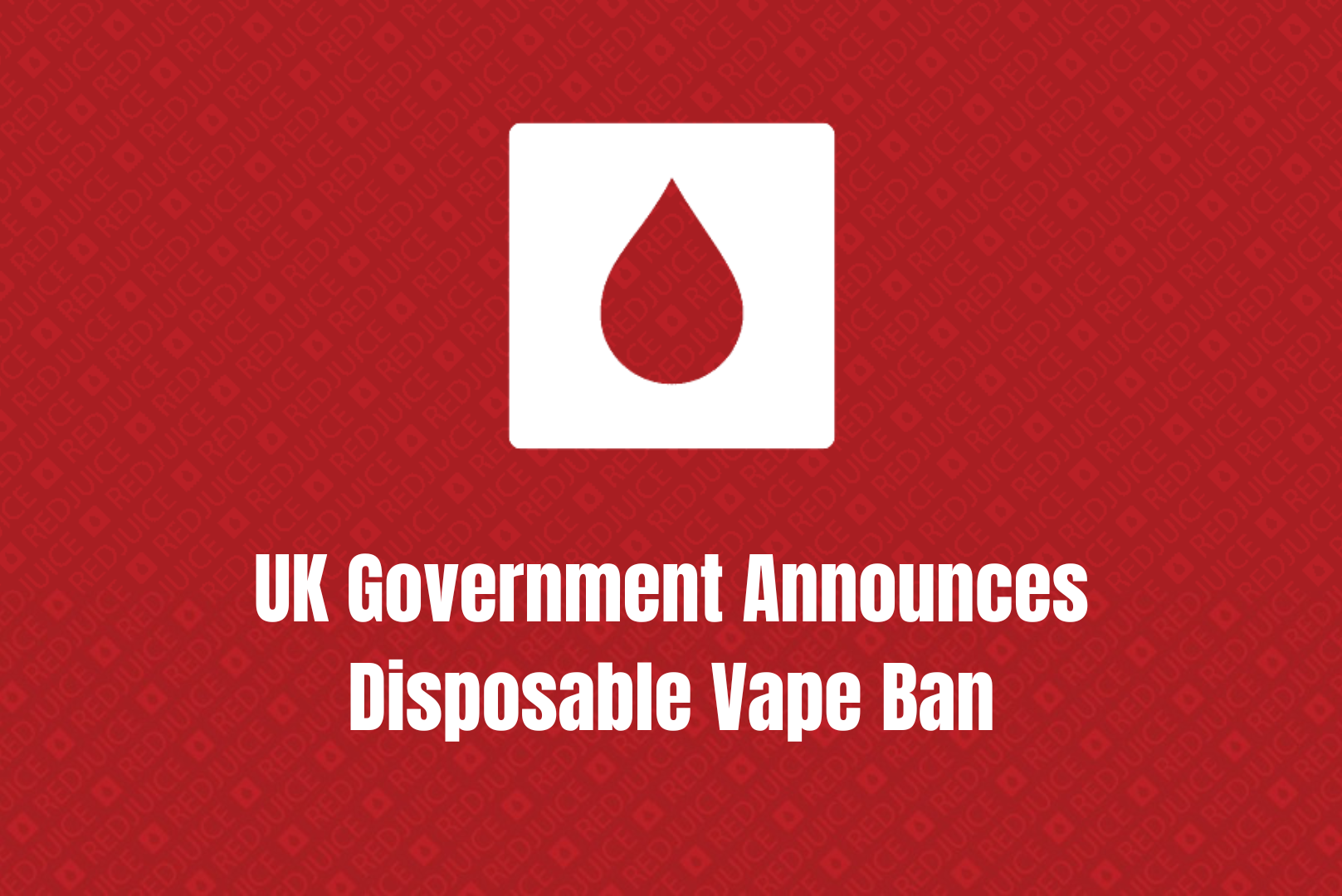+44 1242 312024 +44 800 3688154
Business hours Mon-Fr 9am- 6pm - Sat 9am-4.30pm
Address Unit 7 Neptune Business Centre, Tewkesbury Rd, Cheltenham, Glos, GL519FB
-
 The Latest
See our latest products, promotions and general vaping news
The Latest
See our latest products, promotions and general vaping news
-
 E-Liquid
Discover our extensive range of E Liquid, Filtered by product type, flavour & bestsellers
E-Liquid
Discover our extensive range of E Liquid, Filtered by product type, flavour & bestsellers
-
 Nic Pouches
100% tobacco-free nicotine pouches
Nic Pouches
100% tobacco-free nicotine pouches
-
 Replacement Coils
Coils for Tanks, Pods & RDA/RDTA
Replacement Coils
Coils for Tanks, Pods & RDA/RDTA
-
 Pre-Filled Kits & Pods
Browse our extensive range of disposable alternatives
Pre-Filled Kits & Pods
Browse our extensive range of disposable alternatives
-
 Mods, Kits & Tanks
From the best brands at the best prices.
Mods, Kits & Tanks
From the best brands at the best prices.
-
 Parts & Accessories
From Coils & Cotton to Batteries & Tank Glass
Parts & Accessories
From Coils & Cotton to Batteries & Tank Glass
-
 SaleCLEARANCE SALE
Full list of all SALE items in the store. Browse the clearance sale
SaleCLEARANCE SALE
Full list of all SALE items in the store. Browse the clearance sale
UK Government Announces Disposable Vape Ban

In a significant move to combat the rise in youth vaping, the UK government, led by Prime Minister Rishi Sunak, has announced a ban on disposable vapes. This decision is part of a comprehensive strategy to protect children's health and create a smokefree generation. The government's actions follow a consultation on smoking and vaping launched in October last year and recent alarming statistics showing a tripling in vape use among children in the past three years.
Key aspects of the government's plan include:
1. **Ban on Disposable Vapes**: Targeting the surge in youth vaping, disposable vapes, a major contributor to this trend, will be prohibited. This step is essential given the ninefold increase in disposable vape usage among 11 to 17-year-olds in the last two years.
2. **Restrictions on Vape Flavours and Packaging**: The government will restrict vape flavours appealing to children and mandate plainer packaging to reduce their visual appeal.
3. **Changes in Retail Display**: Vapes will be displayed away from children's view and products appealing to them, like sweets.
4. **Enhanced Fines and Enforcement**: Shops in England and Wales selling vapes illegally to children will face new fines. Trading standards officers will have increased authority to act against underage tobacco and vape sales.
5. **Outlawing Nicotine Pouches for Children**: To counter the rise of alternative vaping products among children, nicotine pouches will also be banned for underage use.
6. **Legislation for a Smokefree Generation**: Fulfilling the Prime Minister's pledge, the new law will make it illegal to sell tobacco products to anyone born on or after 1 January 2009.
7. **Increased Funding for Enforcement Agencies**: An additional £30 million per year will be provided to agencies like Border Force, HMRC, and trading standards to enforce these measures effectively.
The Prime Minister emphasised the necessity of preventing its marketing to children. Health and Social Care Secretary Victoria Atkins highlighted smoking as England's leading preventable cause of death, reinforcing the need for the smokefree generation plan. Chief Medical Officer Professor Chris Whitty and Health Minister Andrea Leadsom echoed these sentiments, stressing the importance of these measures in protecting public health and specifically targeting the rise in youth vaping.
The ban on disposable vapes also addresses environmental concerns, with Environment Secretary Steve Barclay noting the problematic waste generated by these products. The government's response to the consultation showed widespread support for these measures, with nearly 70% of parents, teachers, healthcare professionals, and the general public backing the disposable vape ban.
Support from various stakeholders, including the Children’s Commissioner for England, the Royal College of Paediatrics and Child Health, and environmental groups, highlights the broad consensus on the urgency and significance of these actions. The government's strategy extends beyond health concerns to address the illicit tobacco trade, with HMRC and Border Force launching a new strategy and additional funding to tackle this issue.
In summary, the UK government's comprehensive approach to combat youth vaping and create a smokefree generation includes a ban on disposable vapes, stricter controls on vape products, increased fines and enforcement measures, and significant funding to support these initiatives. This strategy not only aims to safeguard children's health but also addresses environmental and economic concerns associated with vaping and tobacco use.
Read the full press release from the government here.

© 2014 - 2025 Redjuice Retail Limited. All Rights Reserved. You must be 18 years or older to make purchases using this website. Company No. 09340056, VAT No. GB209490796

